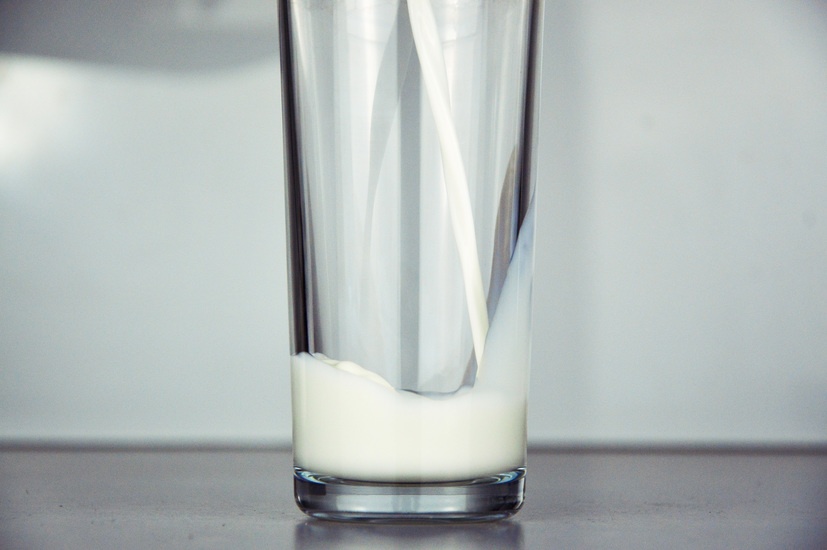 We’ve been inundated with the same marketing messages for decades – drink milk, get your calcium and your protein.
We’ve been inundated with the same marketing messages for decades – drink milk, get your calcium and your protein.
Dairy is high in those things, but so are a lot of other foods. Like we said in our post from a few weeks ago about the “paleo” diet of our hunter-gatherer ancestors, you don’t have to rely on dairy products for certain nutrients. They abound in other foods, too.
In fact, many separate studies have shown that, a) your body doesn’t necessarily absorb the nutrients found in milk, and b) the fats and simple sugars found in dairy products are harmful to your health.
Let’s review the research
Take this Swedish study that followed more than 61,000 women for about 20 years and more than 45,000 men for about 11 years, “Milk Intake and Risk of Mortality and Fractures in Women and Men.” The results were published in the Oct. 28, 2014 issue of the British Medical Journal.
This study found that the more milk you drink, the higher your risk of death. For women, more milk actually meant a higher risk of bone fracture.
Why? Because of the milk sugar lactose. When your body breaks down lactose, one of the simple sugars that results is called D-galactose.
D-galactose is considered a driver of premature aging, and shortened life span caused by oxidative stress and chronic inflammation. The study’s authors stated that this is “not only a pathogenic mechanism for cardiovascular disease and cancer in humans but also a mechanism for age-related bone loss and sarcopenia (loss of muscle tissue).”
So drinking all that milk won’t help you stave off osteoporosis – in fact, it will have the opposite affect and accelerate the onset of the condition.
The study found that for women who drank three or more glasses of milk a day, their risk for any fracture rose 16 per cent, and for a hip fracture, by 60 per cent.
For each glass of milk drunk per day, the increased risk of “mortality” (read “death”) went up by 15 per cent for women and by three per cent for men.
But what about all those nutrients?
Other studies have shown that drinking milk does not give children strong bones. Another study that followed 72,000 women, the Harvard Nurses’ Health Study, affirmed the findings of the Swedish study – drinking more milk does not reduce your risk of a bone fracture.
Your body does need calcium for bone health, but trying to obtain it by drinking milk just isn’t effective. Experts agree that the best way to get your calcium and build stronger bones is to eat more leafy green and cruciferous vegetables, like broccoli and kale, more beans and fruits, and to exercise.
Yes, exercise. When you work your muscles and your body has to recover, you end up with stronger bones and muscles.
Other health concerns
Dairy products from animal milk have also been identified as key contributors to the development of Type 1 diabetes and obesity in children.
Milk also contains a compound called insulin-like growth factor (IGF-I), which has been associated with a higher risk of prostate cancer in men.
And then there is the classic – lactose intolerance.
Remember we mentioned D-galactose, one of the simple sugars produced when we digest lactose? Many of us lose the ability as we age to produce the active enzymes our bodies need to digest D-galactose. That leads to lactose intolerance.
About 15 per cent of Caucasians suffer from lactose intolerance. Other ethnic groups suffer far higher incidents. For example, U.S. research has found that as many as 95 per cent of North American Asians suffer from it, while about 74 per cent of Native North Americans and 70 per cent of African North Americans do, too.
Bottom line
Curb your intake of all dairy products.
But even then, other than providing a good dose of protein, the health benefits of milk are overrated. You’re better off relying on fruits, vegetables, and exercise to give your body what it needs.
Did you find this information useful?
I hope you did. Please share it with your friends and anyone you know who’s looking for a Kanata Chiropractor. You can also follow Hazeldean Family Chiropractic on Facebook, Twitter, and YouTube, where we regularly post on other health-related topics. Our website also has great information about Chiropractic care and other health topics.
